COVID-19 How Long Will It Takes to Recover?


More than one million people have recovered from coronavirus, according to sources. However, not everyone’s path to complete health is the same.
The duration of your recovery will be determined by how sick you were in the first place. Some people recover rapidly from the sickness, but others may experience long-term consequences.
Being more gravely ill from Covid-19 increases with age, gender, and other health concerns.
The more extensive the treatment and the longer it takes to complete, the longer it will take to recuperate.
What If My Symptoms Are Only Minor?
Most persons with Covid-19 will only experience the most common symptoms, such as a cough or fever. They may, however, suffer from body aches, weariness, a sore throat, and a headache.
Although the cough is initially dry, some people will eventually cough up mucus containing virus-killed lung cells.
Bed rest, plenty of water, and pain relievers like paracetamol alleviate these symptoms.
People With Minimal Symptoms Should Be Able To Recover Quickly.


What If My Symptoms Become More Serious?
For other people, the condition can become considerably more severe. It usually happens after seven to ten days of illness.
The change can happen quickly. The lungs become inflamed, and breathing becomes difficult. While the body’s immune system attempts to defend itself, it overreacts, causing collateral damage.
Some people will require oxygen therapy in the hospital.
Shortness of breath may take a long time to improve because the body is healing from scarring and inflammation. Recovery could take two to eight weeks, with fatigue lasting.
What If I Require a High Level of Care?
According to the WHO, one out of every 20 people will require intensive care. It may involve being sedated and placed on a ventilator.
Whatever the ailment, recovering after a stay in an intensive or critical care unit (ICU) will require time. Before being discharged, patients transfer to a regular ward.
Muscle mass loss occurs after a prolonged stay in a hospital bed. Patients will be weak, and muscular recovery will take time. Some people will require physiotherapy to regain their ability to walk.
There is a risk of delirium and psychiatric illnesses due to what the body goes through in ICU.
This illness appears to have a secondary component: viral exhaustion.
Whole-body weakness, shortness of breath at any amount of effort, chronic coughing, and uneven breathing are reported in China and Italy. In addition, a lot of sleep is required.
We Know That People Need a Long Time to Recover, Sometimes Months.”
However, generalization is difficult. Some people are in critical care for only a few days, while others remain ventilated for weeks.
Coronavirus impact on my health?
We can’t be sure because there isn’t any long-term data, but we can look at other factors.
Acute respiratory distress syndrome (also known as Ards) occurs when the immune system goes into overdrive, causing lung damage.
There is a lot of evidence that people can have continued physical and psychological problems even five years afterwards. To aid their rehabilitation, people also require mental health support.
“When you have trouble breathing, the doctor says, ‘We need to put you on a ventilator.’ We must lull you to sleep.
“It’s not unexpected that these most severe people have PTSD [post-traumatic stress disorder].” Many people left with major psychological wounds.”
Even under moderate settings, people can develop long-term health issues such as fatigue.
How Many People Have Made a Full Recovery?
It’s tough to get a precise figure. Out of the 3.2 million people believed infected worldwide, more than 1,021,000 people had recovered as of 1 May.
Countries, on the other hand, use a variety of recordkeeping methods. Some companies aren’t disclosing recovery rates, which means a lot of minor illnesses will go unnoticed.
According to mathematical simulations, between 99 and 99.5 per cent of patients recover.
Is It Possible for Me To Catch Covid-19 Once More?
There have been a lot of discussions, but no evidence, about how long such immunity is likely to last. Patients must have developed an immune response if they could successfully fight off the infection.
Patients who have been infected twice could result from testing that wrongly recorded them as virus-free.
The topic of immunity is crucial for determining whether people can be reinfected and how successful a vaccination might be.

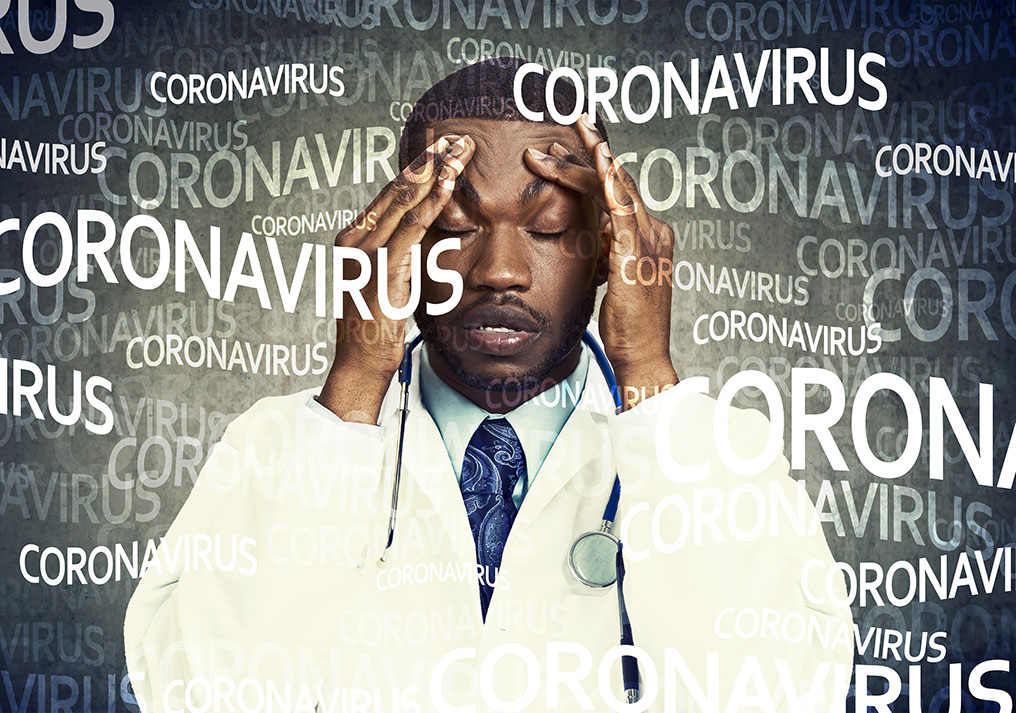
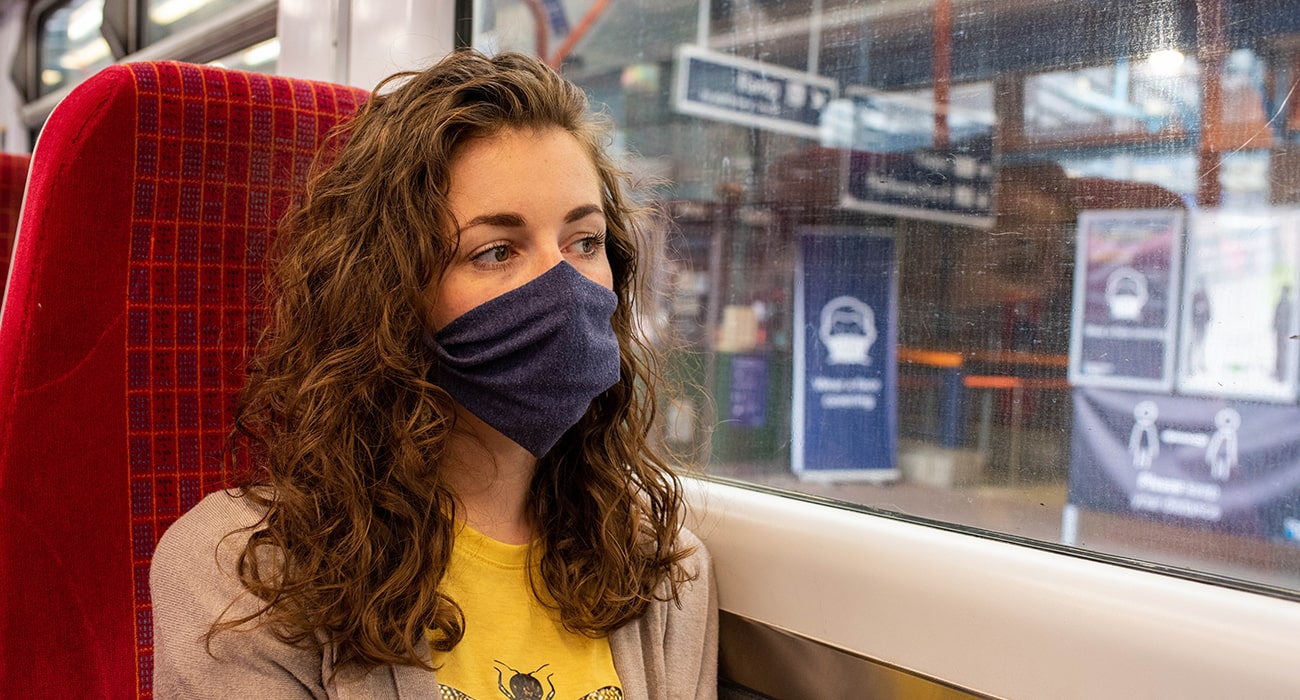
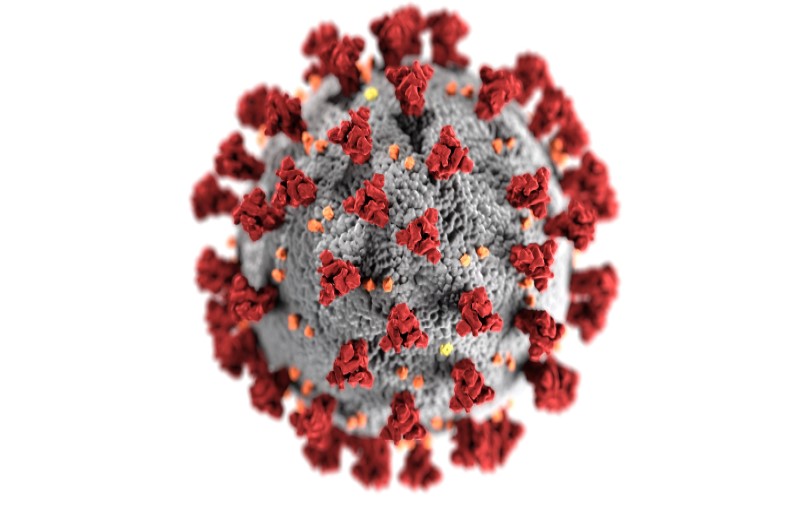
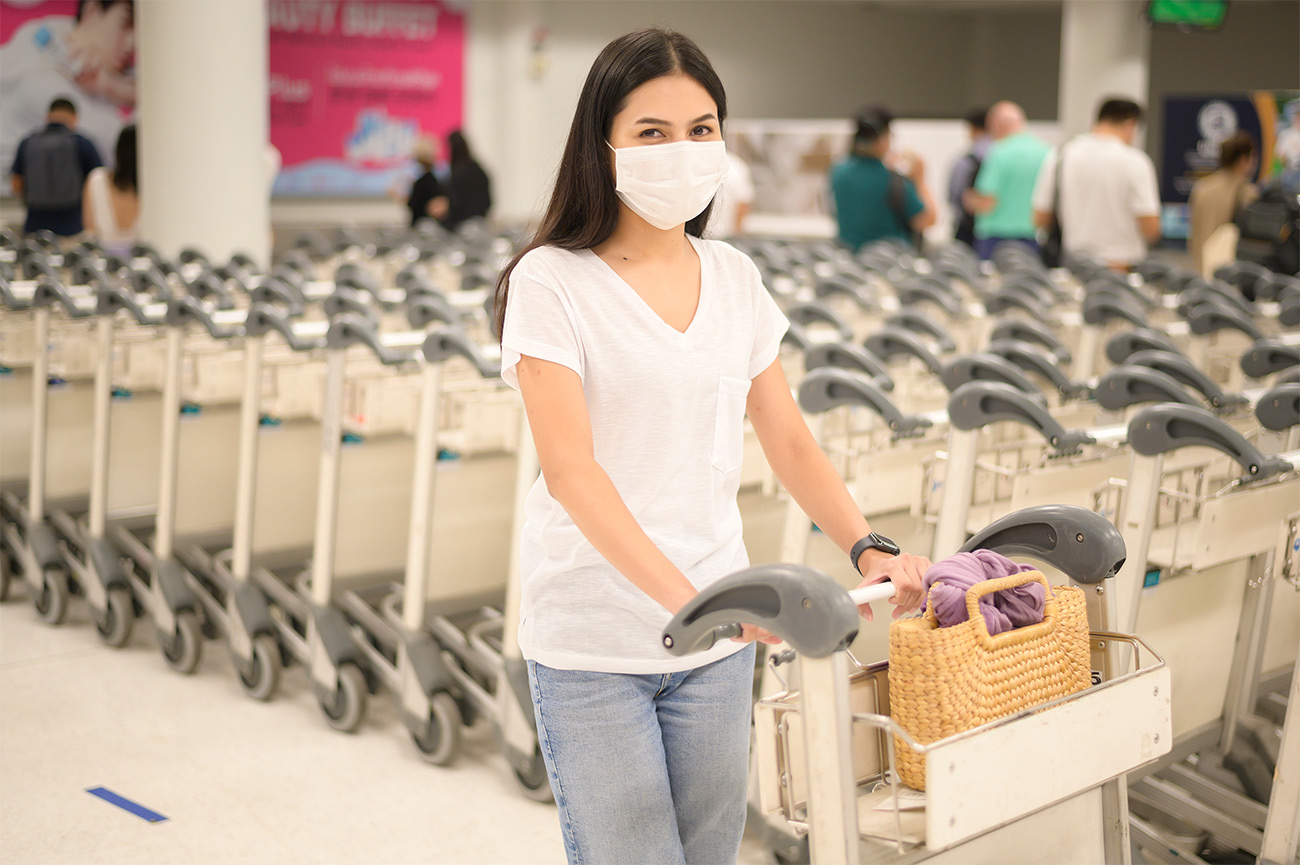
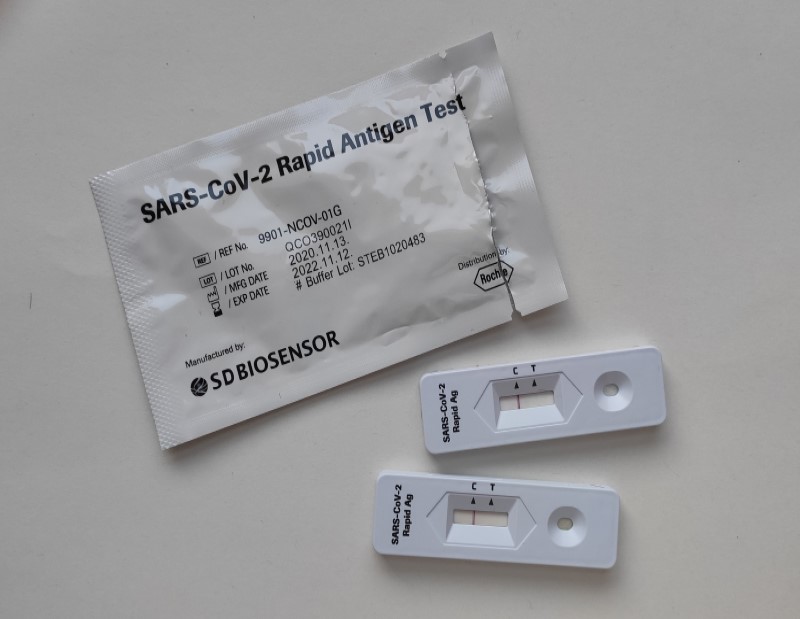



0 Comments